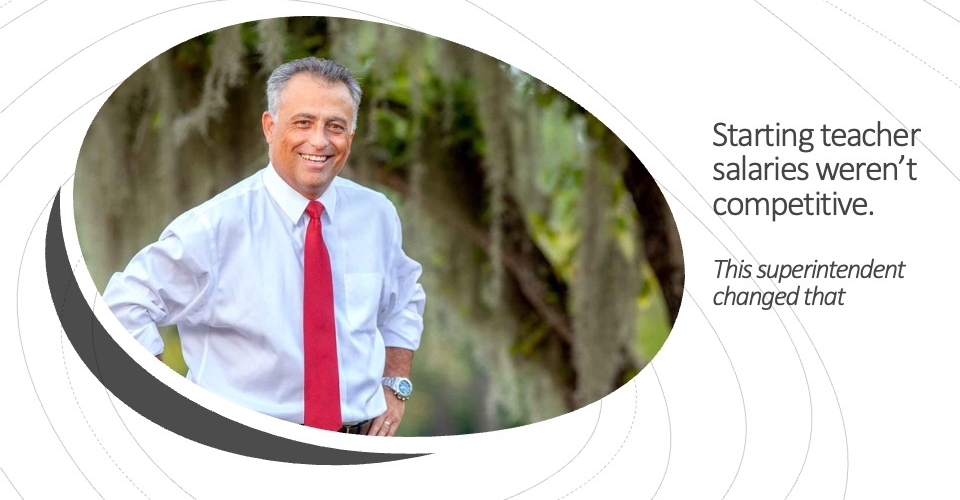What’s in store for 2024? To share some perspective from outside the classroom, District Administration asked vendors from across the K12 spectrum to forecast the academic and curriculum trends that will shape their spaces—and yours—in the coming year. The disruptions of the pandemic will continue to loom large.
Administrators will emphasize growth and double down on the most effective interventions, such as tutoring and strengthening student-teacher relationships. The through line is that academic recovery will take on even more urgency in 2024, say thought leaders at NWEA, the testing firm. Here are some of their insights:
Which academic interventions are working best? “While school districts made some progress in reducing pandemic-related achievement gaps in the 2021-22 school year, progress stalled in the 2022-23 school year. Interventions that have strong evidence of efficacy include high-dosage tutoring, summer school programs and double-dose math classes. Districts should adopt these high-impact interventions while continuing to monitor implementation and adapt interventions to local context so that students can have access to meaningful opportunities to catch up on unfinished learning.” —Ayesha K. Hashim, research scientist
Classroom practices that support high-growth learning will be essential. “The cornerstone of elevating educational quality rests upon strengthening the student-teacher relationship. By fostering meaningful and constructive interactions and offering valuable feedback to students, we empower them to take greater ownership of their learning journey. Recent research underscores the efficacy of specific approaches and practices in promoting substantial learning growth, such as allocating time for retrieval practice (where students benefit from multiple opportunities to reinforce new knowledge) and maintaining flexibility in student group dynamics (allowing for effective student movement between learning groups), among others.” —Chase Nordengren, principal research lead, effective instructional strategies
Research-based interventions will be needed to help older students with reading fluency. “National data show that almost 70% of eighth graders are not considered proficient in reading based on 2022 test scores on the National Assessment of Educational Progress, also known as The Nation’s Report Card. In 2024, districts will be working to find research-based interventions to help older students with reading fluency. Middle and high school teachers will need support to help older students with foundational reading skills to address this problem. Programs that emphasize repeated reading and allowing older readers to choose practice readings on topics they find engaging will help older readers improve fluency.” —Laura Hansen, NWEA director of academic services
More from DA: Not all state education funding is easy to track down. Help is here
A data-driven revolution in gifted and talented identification. “In 2024, states are poised to revolutionize their approach to gifted and talented education, driving greater equity and inclusion through a dual strategy of data-driven identification and the implementation of state policies mandating access to gifted services. Universal screening, encompassing a multitude of assessment tools, will ensure that no gifted potential remains unnoticed, while continuous monitoring and transparent reporting will guarantee equal access to the selection process. Simultaneously, state policies will require the development of individualized learning plans for gifted students, promoting inclusive enrichment opportunities, differentiated instruction, and robust teacher professional development.” —Scott Peters, senior research scientist
Math will matter even more in 2024
If 2023 was all about the science of reading, state education leaders will turn their attention to providing systemic supports for math education in 2024, says Karen Beerer, Discovery Education’s senior vice president of teaching and learning.
In the wake of COVID learning loss, several states have already passed new laws requiring schools to identify and provide additional math support to students and teachers.
Alabama’s Office of Mathematics Improvement monitors the implementation of screener assessments, diagnostic assessments, and formative assessments for grades K5. Florida now requires students deemed “deficient” in math to receive intervention and monitoring from their district while Louisiana mandates additional professional learning in numeracy for math teachers in grades 4-8.
“While these are just a few examples of state departments of education adding additional support to math education,” Beerer notes, “I believe in 2024 these efforts will accelerate and become the norm nationwide.









